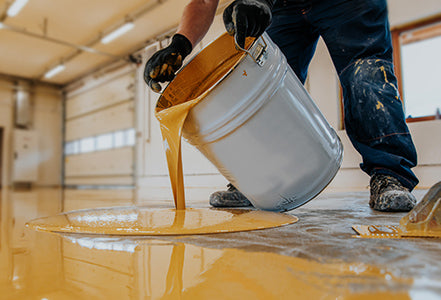Applied Rheology for Improved Performance in Paints and Coatings

Package Includes
6 month access to Course Recording, Presentation Slides, Q&A Transcript
Course Description
Go a step ahead of theoretical aspects of rheology and predict structural behavior, storage behavior, film formation kinetics… with step-by-step demo of rheological data interpretation.
Let David guide you who has years of experience working on Advanced Rheology (SAOS & LAOS), UV Rheology, kinetics of the film formation process and coating structure prediction by rheology studies.
You’ll be able to know that as per your formulation / application key challenges:
- What is the right rheological test for you?
- What info could be extracted?
- How can that guide your formulation work & reach the expected level?

David Davilla C
Why should you view this course?
Who should join this course?
-
This course is suitable for advanced level proficiency
Advanced
Course Outline


